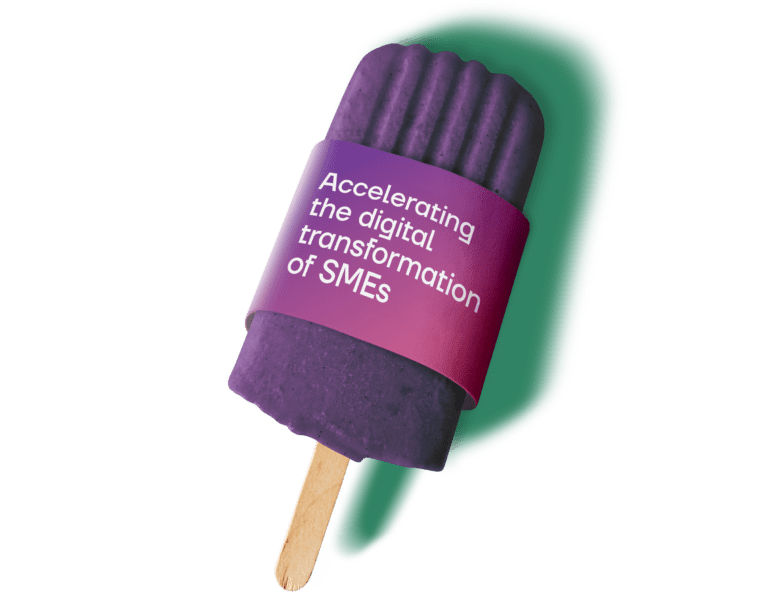Artificial intelligence (AI), particularly through Language Model (LLM) models, is rapidly transforming the financial services industry, extending its influence far beyond decision-making into a diverse array of applications.
In risk management, AI’s ability to sift through vast datasets enables the identification of potential risks and anomalies, enhancing strategies for risk mitigation and bolstering financial system stability. Customer service, too, is undergoing a revolution. AI-powered chatbots and virtual assistants provide round-the-clock, personalized, and efficient responses, improving customer experience while optimizing operational efficiency.
Fraud detection has greatly benefited from AI’s real-time analysis of transaction patterns, significantly reducing instances of financial fraud. This is particularly crucial in today’s era of increasing digital transactions and the growing necessity for stringent security measures.
The investment sector is witnessing a paradigm shift with AI-driven analysis of market data, prediction of trends, and automation of trading decisions. This move towards algorithmic trading and AI-infused investment strategies opens new avenues for growth and efficiency.
AI is also a key player in regulatory compliance, aiding financial institutions in adapting to evolving regulations. By monitoring and analyzing changes, AI ensures operations remain compliant, reducing the risk of non-compliance and streamlining compliance procedures.
Additionally, AI’s capability to personalize financial products and services, from investment advice to insurance packages, is revolutionizing customer offerings. By analyzing individual preferences and financial behaviors, AI enables the creation of tailored financial solutions.
However, integrating AI into finance is not without challenges. Addressing concerns around data privacy, algorithmic transparency, and ethical decision-making is paramount to leveraging AI’s potential while maintaining trust and integrity in financial systems.
In conclusion, AI, especially LLM models, is reshaping the financial services sector across various domains, from risk management and customer service to fraud detection, investment strategies, regulatory compliance, and personalized solutions. As we embrace these innovations, it’s critical to balance technological advancement with ethical responsibility, ensuring a secure and groundbreaking future for finance.














